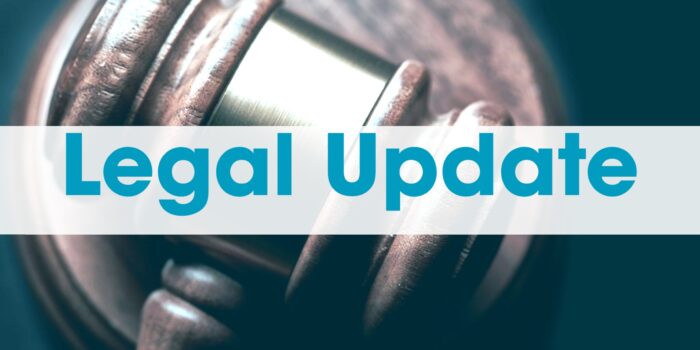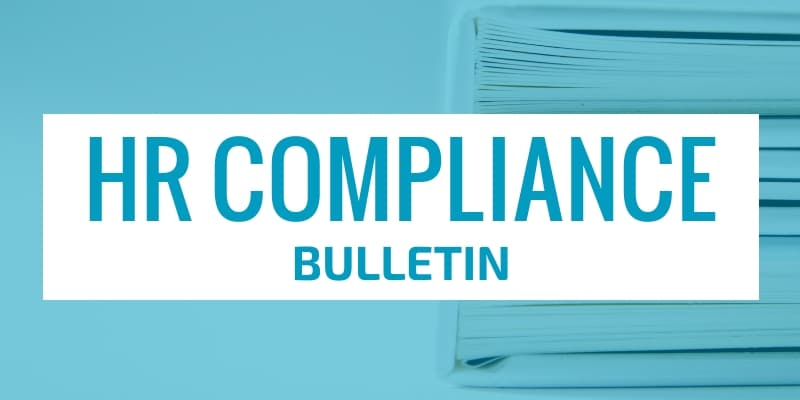16 Jun IRS Posts FAQs on ARP Tax Credits for Paid Sick and Family Leave
[wpseo_breadcrumb]
The FFCRA paid sick and family leave requirements themselves expired Dec. 31, 2020, but subsequent legislation—most recently the American Rescue Plan Act (ARP)—extended and enhanced the tax credits available for employers that choose to provide FFCRA leave through Sept. 30, 2021.


 On June 11, 2021, the IRS released new
On June 11, 2021, the IRS released new  The
The